Table of contents
National Curriculum Framework 2023:
The National Council For Education, Research, and Training(NCERT) recently released the NCF. The National Curriculum Framework for School Education (NCF) was developed to facilitate the implementation of the National Education Policy (NEP) 2020.
The first NCF was released in 1986, followed by revisions in 2000, 2005, and 2020. The modifications of the NCF have taken into account the changing educational landscape, such as new developments in academic research and technology, changing social and economic contexts, and the evolving needs of students and society.
The pre-draft of NCF 2023 is the latest one, with a few amendments aligning with the NEP’s vision, like change in board exams for 10 and 12 and assessment patterns for 3 to 8 classes.
The NCF 2023 addresses education for children from 3 to 18 years old across all Indian school system. It applies to all four Stages of the NEP 2020-envisioned 5+3+3+4 Curricular and Pedagogical Restructuring of School Education. This NCF draft focuses on the developmental perspectives, adopting different teaching methods, and curriculum changes at four different learning stages: Foundational, Preparatory, Middle, and Secondary levels.
National Education Policy 2020 and NCF
The National Education Policy 2020 (NEP 2020) aims to devise four National Curriculum Frameworks (NCFs):
- National Curriculum Framework for Early Childhood Care and Education (NCFECCE)
- National Curriculum Framework for School Education (NCFSE)
- National Curriculum Framework for Teacher Education (NCFTE)
- National Curriculum Framework for Adult Education (NCFAE)
Fundamental principles of NCF
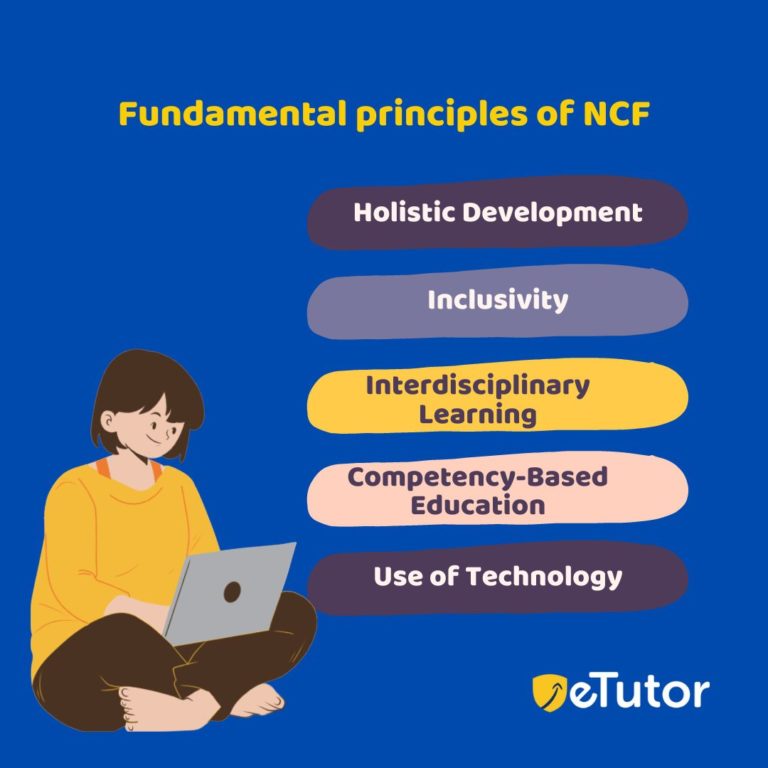
The fundamental principles of the National Curriculum Framework are:
Holistic Development: The NCF 2023 emphasizes the need for a holistic approach to education that promotes the overall development of students. It could include developing students’ physical, emotional, social, and cognitive skills.
Inclusivity: The NCF 2023 is likely to prioritize the creation of an inclusive education system that caters to the needs of all students, including those from marginalized communities. It may guide the creation of a safe and inclusive school environment free from discrimination and bias.
Interdisciplinary Learning: The NCF 2023 may advocate for multidisciplinary learning that integrates ,different subject areas and encourages students to make connections between them. It could help students to develop a broader understanding of the world and prepare them for the complexities of the 21st century.
Competency-Based Education: The NCF 2023 may focus on competency-based education, emphasizing developing skills and competencies rather than mere knowledge acquisition. It could include a focus on critical thinking, creativity, communication, and problem-solving skills.
Use of Technology: The NCF 2023 may emphasize the importance of technology in education and guide how to integrate technology into teaching and learning. It could include using digital resources for teaching and learning and technology for assessments and evaluation.
Listen and communicate:Take the time to listen to your child and have regular conversations with them. Be ready to offer advice and assistance and express interest in their ideas and feelings.
Objectives of NCF
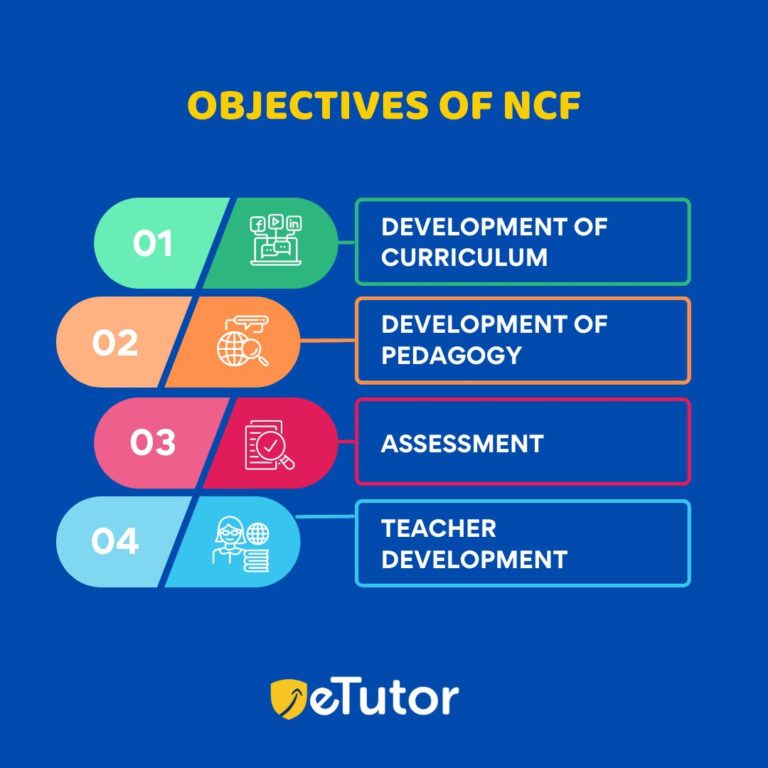
Development of curriculum: One of the NCF’s main goals is to offer a framework for curriculum development. The curriculum should be meaningful, relevant, and tailored to the specific requirements of the learners, according to the framework.
Development of pedagogy: The NCF acknowledges the importance of excellent pedagogy in fostering an inclusive and all-encompassing atmosphere for learning. To encourage active learning, student-centered teaching, and interactive instruction, the framework strives to design pedagogical strategies like 5+3+3+4.
Assessment: The NCF tries to provide assessment procedures that are fair, honest, and relevant because it understands how critical assessment is to the learning process. The framework promotes formative assessment, which gives learners input to help their development.
Teacher development: The NCF knows teachers’ crucial contribution to creating a good learning environment. As a result, the framework attempts to create programs for teacher training that give educators the knowledge, abilities, and perspectives they require.
Now we will focus on the NCF draft proposals for students who want to acquire knowledge.
Up to Grade 2:
The NCF draft proposes that written exams and assessment tools are the perfect media for calculating the kid’s knowledge.
At the Foundational Stage, go with the two simple methods. One observes the child, and the other analyzes the areas developed as part of their learning process.
Preparatory Stage(Grade 3-5):
It is the Preparatory Stage, and the NCF draft proposes introducing the written tests as part of the knowledge evolution pattern. Also, conduct summative assessments to know if the child is prepared for the next class.
Middle Stage(Grade 6-8)
As per the NCF draft, grade 6-8 is the Middle Stage and critical to prepare students for the following secondary stage.
Here the curriculum focuses on conceptual abilities like projects, experiments, databases, role-play, and investigations. Conduct periodic assent to synthesize their knowledge at year-end, mid-term, and unit-end.
Secondary Stage(Grade 9-12)
There are 16 essential courses for both grades 9 and 10. Each grade with 8 basic courses. Students need to complete 2 of the essential courses from the 8 essential courses.
For grades 9 and 10, semester structured patterns are followed. By the end of grade 10, students must complete apparent grade 8, which shows that they have dutifully completed the 2 essential courses during grades 9 and 10.
Grade 11-12:
For grades 11 and 12, 8 choice-based curricular course areas will be shown based on the disciplines. Here the exam pattern is semester-based, and students must complete 16 choice-based courses to complete grade 12 successfully.
When will the changes come into effect?
- According to the government’s announcement, textbooks based on the revised NCF will be introduced in schools from the 2024-25 academic session.
- This indicates that the changes proposed in the NCF will begin to be implemented in classrooms starting from that academic year.
- However, it is important to note that a specific timeline for the implementation of changes in exams, assessments, and subject design has not been provided yet.
- Further information or guidelines from the government regarding the timeline for implementing these aspects click here.
Conclusion:
NCF signifies a substantial movement toward a more adaptable, learner-centered, and inclusive approach to education. It offers a thorough foundation for curriculum design and instructional techniques in Indian education schoolls all over India. It considers the shifting demands of students and society in the twenty-first century.
Moreover the proposals outlined in the NPE 2020 and the proposed NCF 2023 display a remarkable level of vision and consideration. However, the success of these initiatives ultimately depends on the commitment and actions of the various stakeholders involved. Given that our country is home to one of the world’s largest youth populations, it is disheartening to note that our current employability rate stands at a mere 50%. The introduction of these new initiatives holds tremendous potential to bring about the necessary changes in the coming years. However, it will take at least one academic year, when these changes are fully implemented, to accurately assess their true impact. To read the official document of NCF 2023, Click Here.
For more education news and updates, click here.

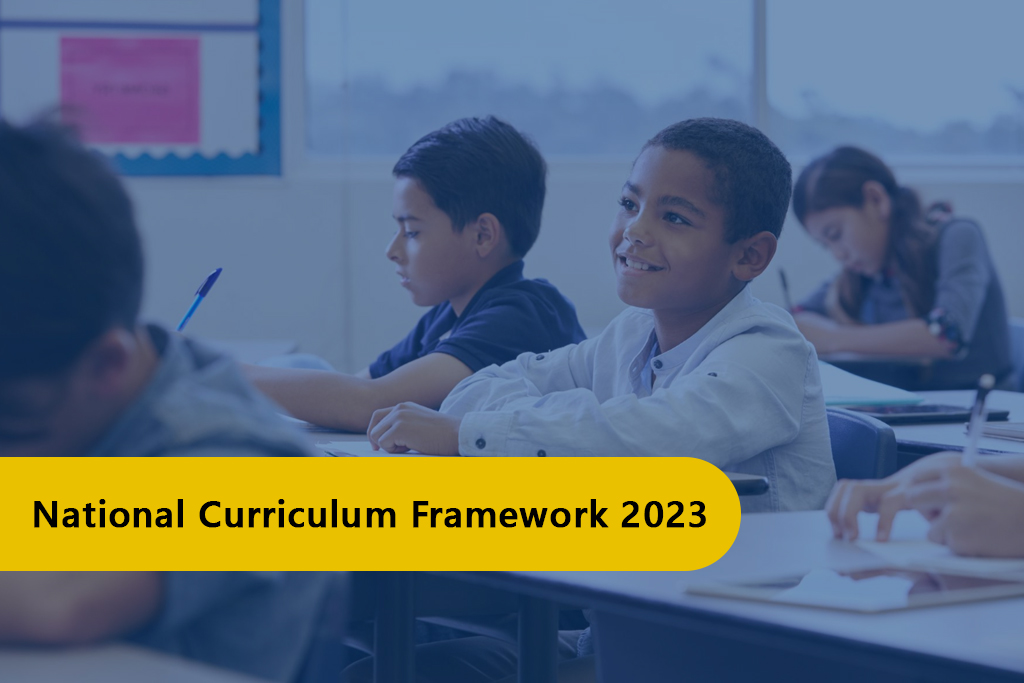







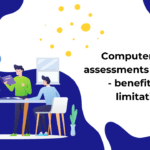
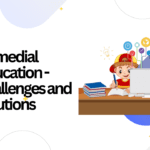
Leave a reply